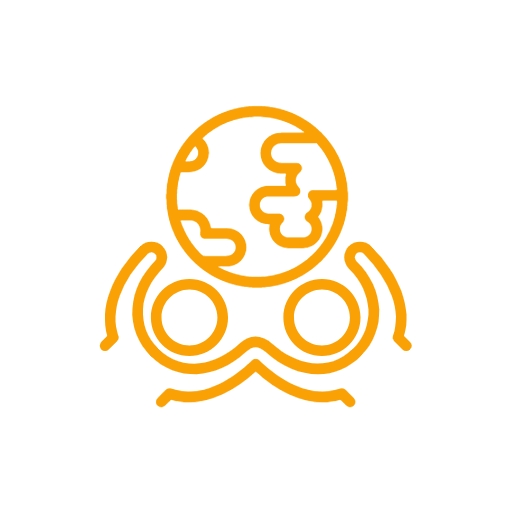Suggested Articles

Seminar Series: Engineering for Global Development Research: A Review of...
General
In this seminar, EGD Research Committee co-chair Dr. Jesse Austin-Breneman will share ongoing work examining the state of EGD research and practice. He will present an overview of...
